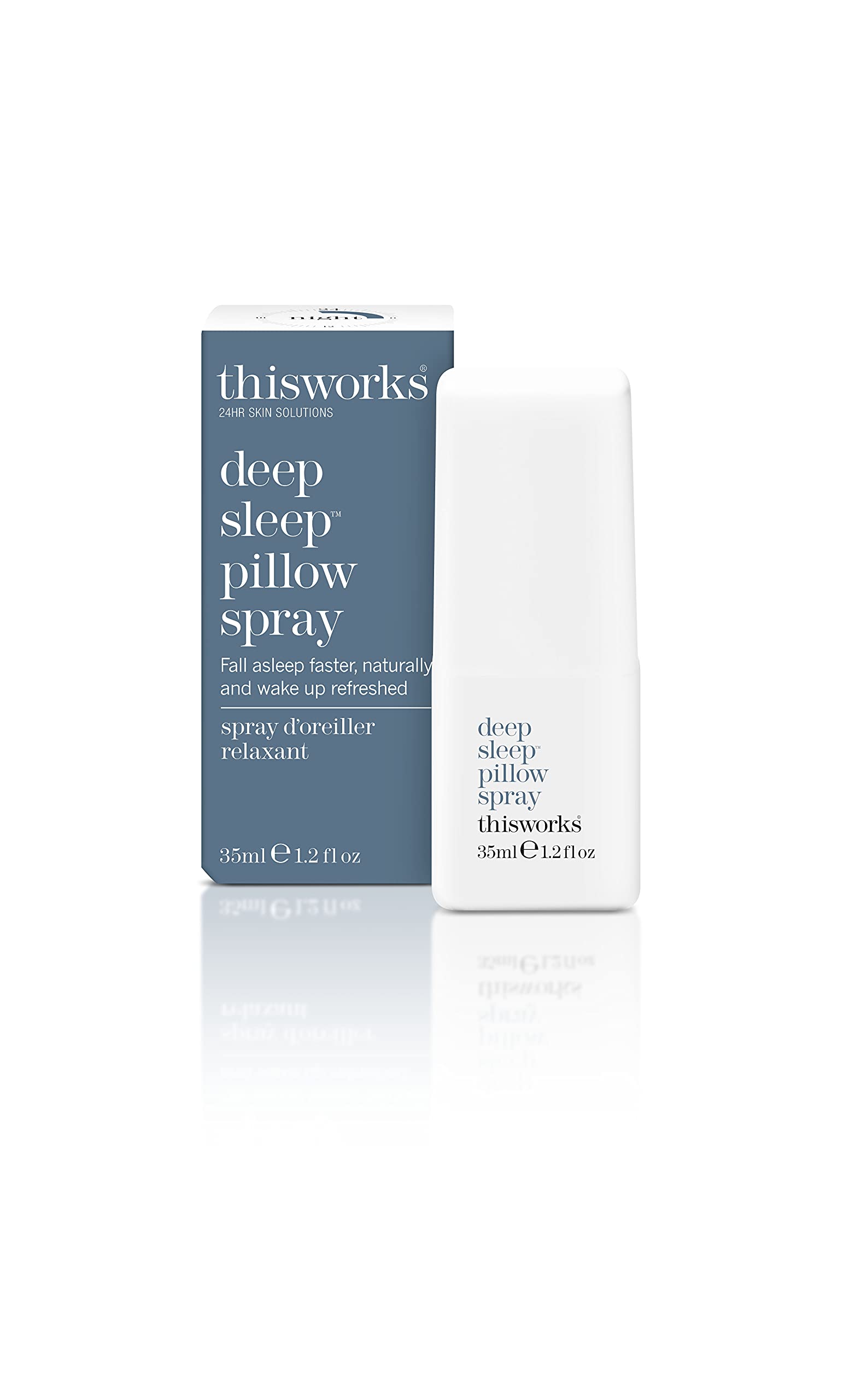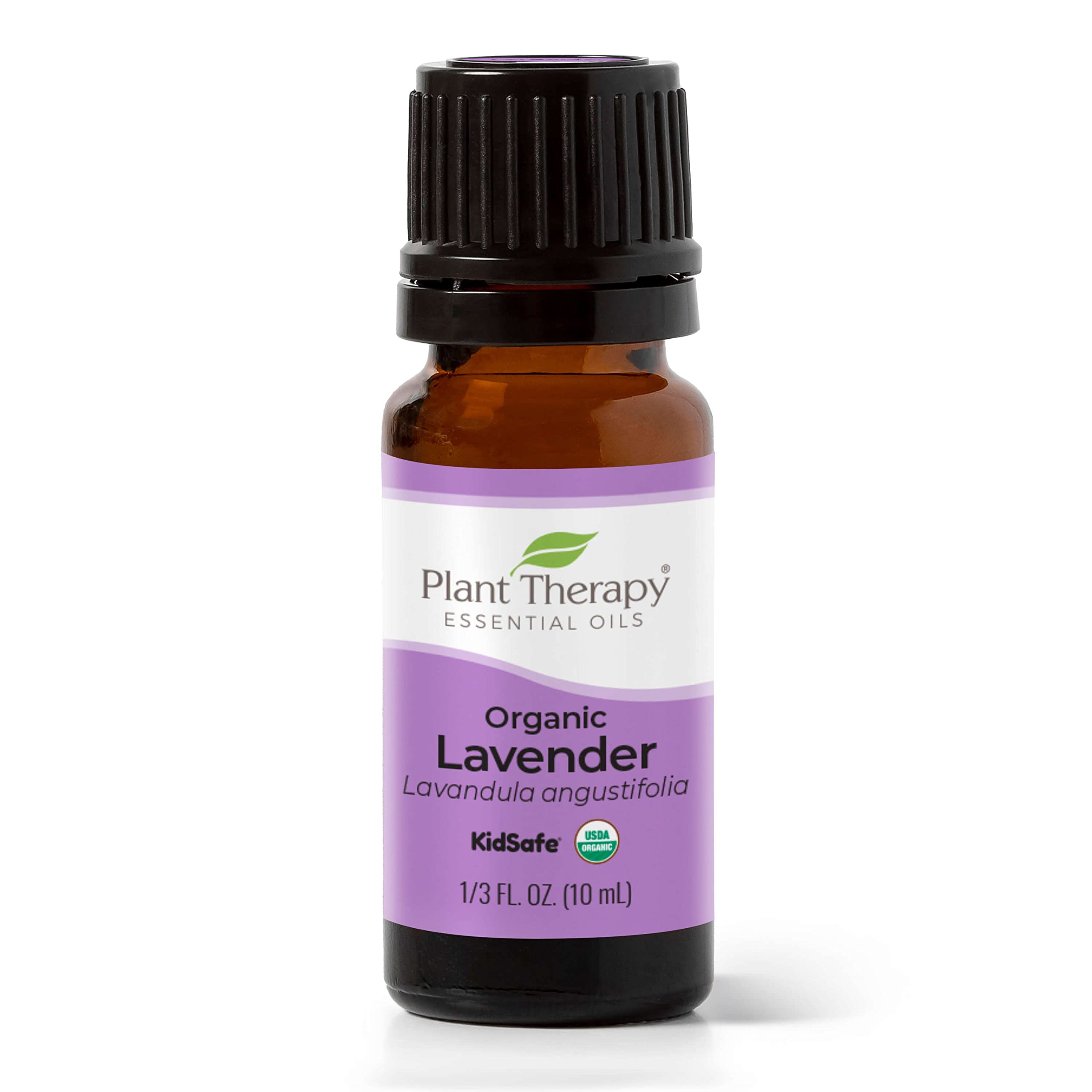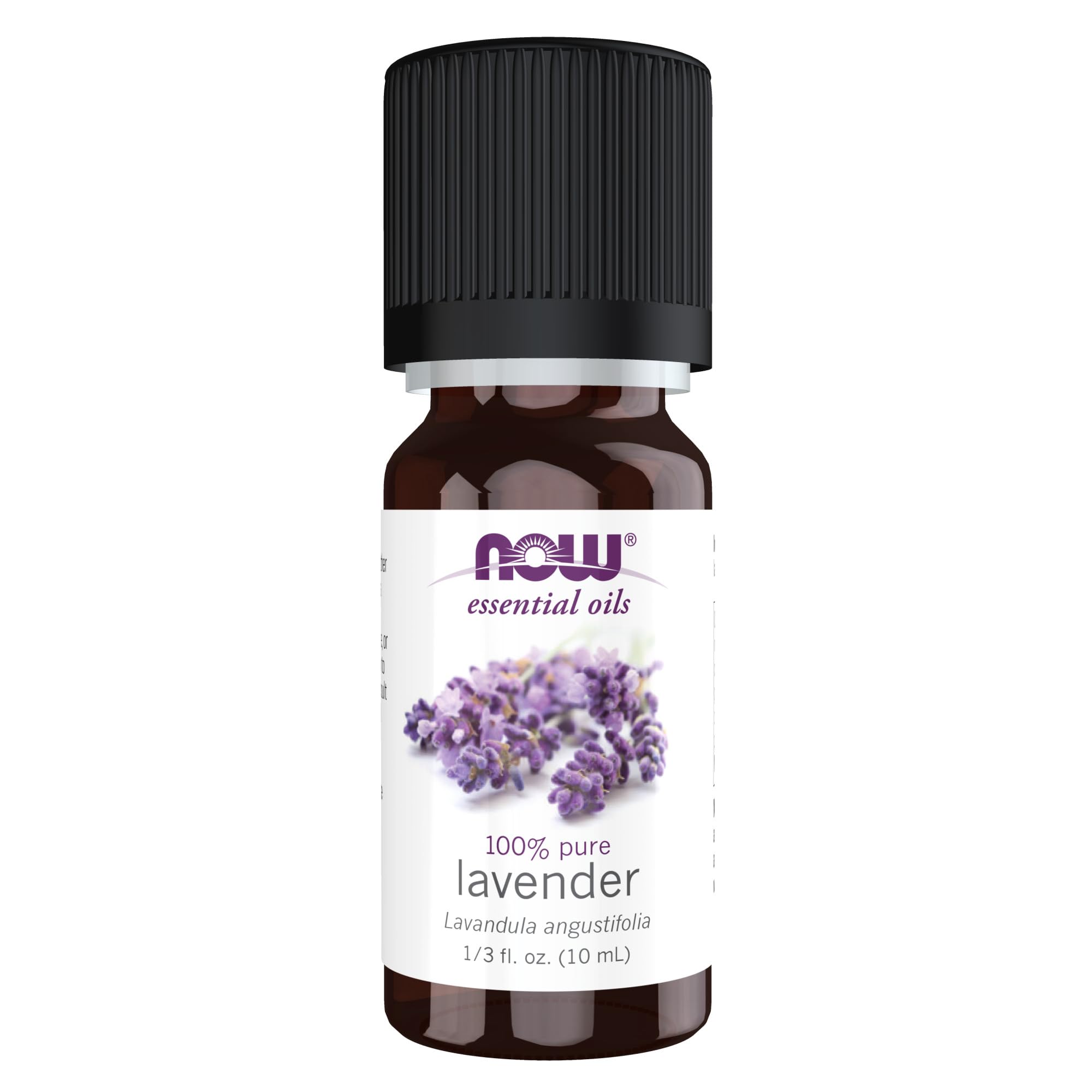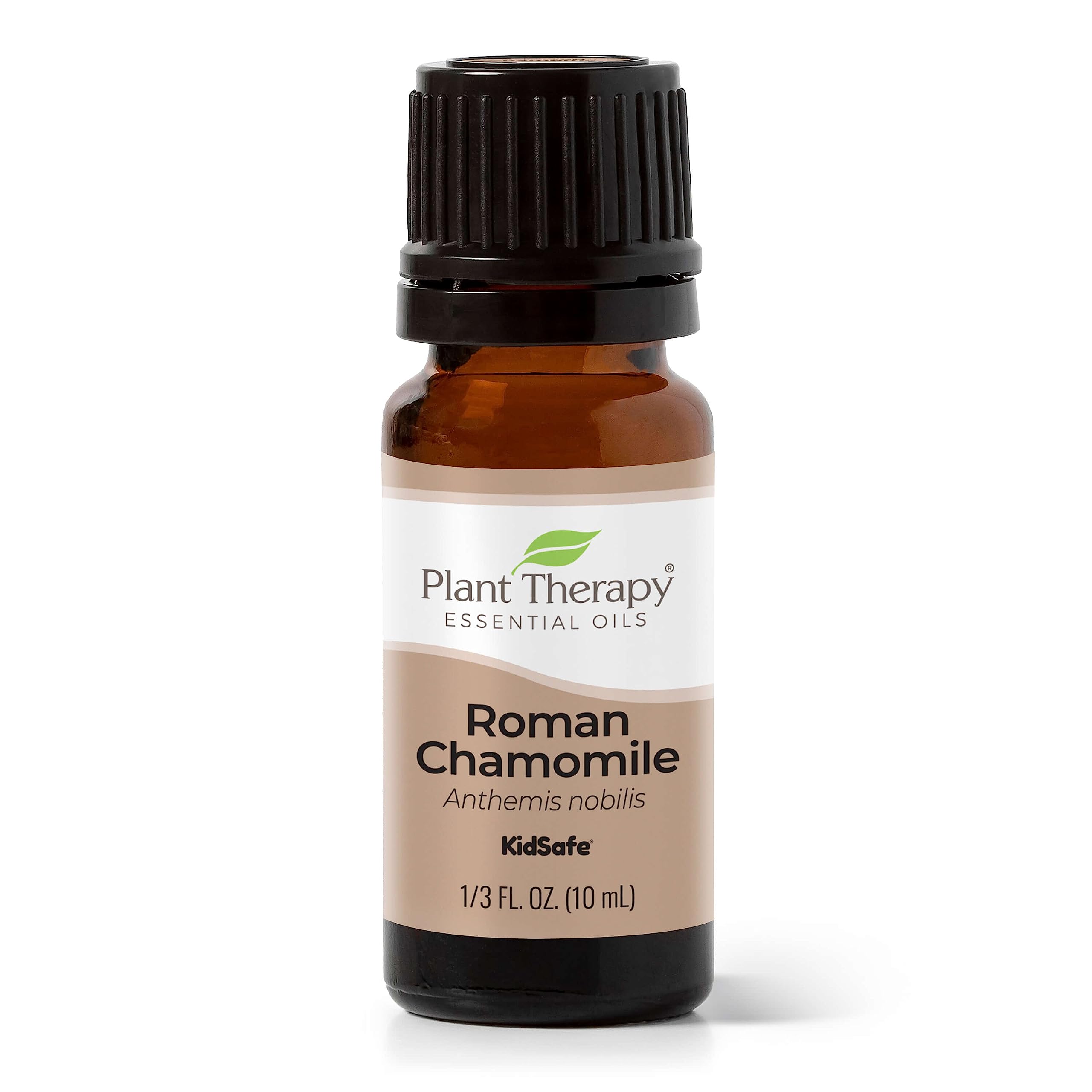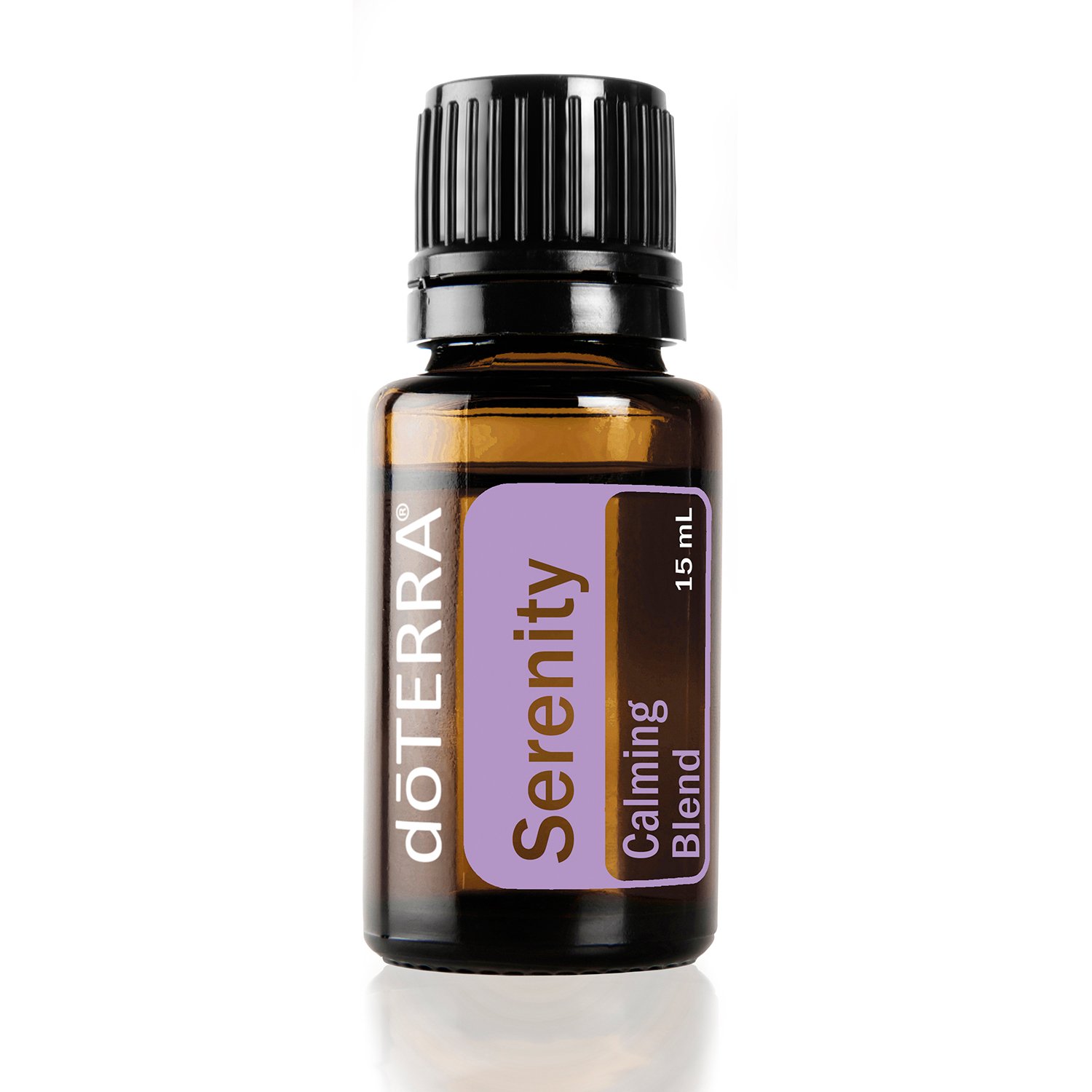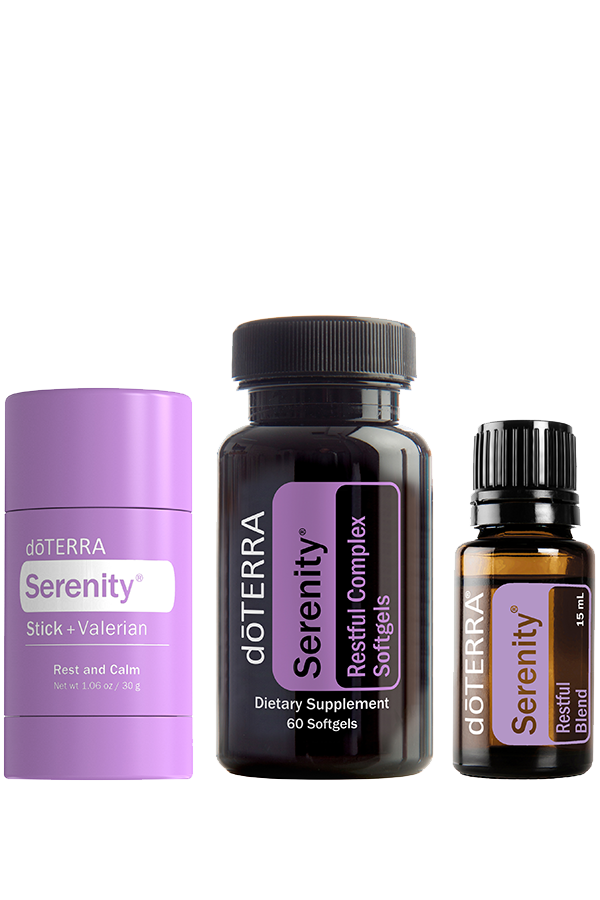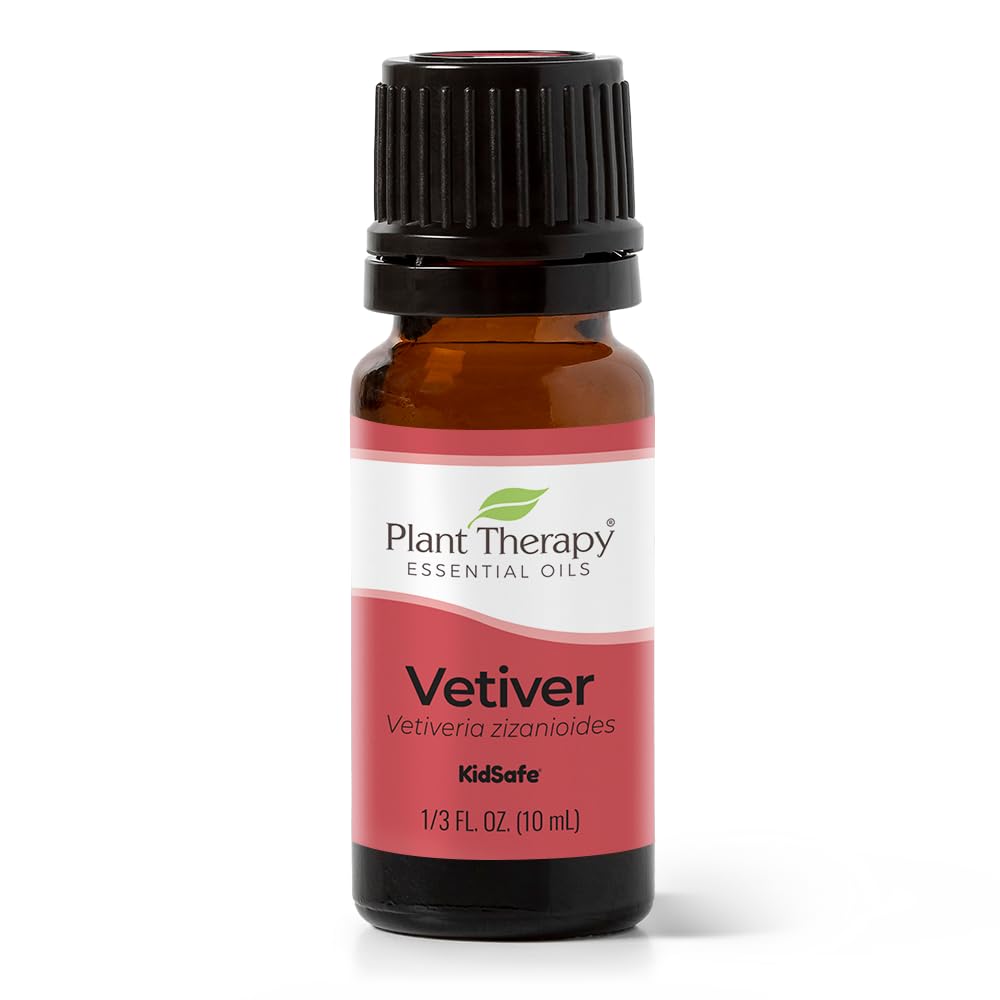Essential Oils
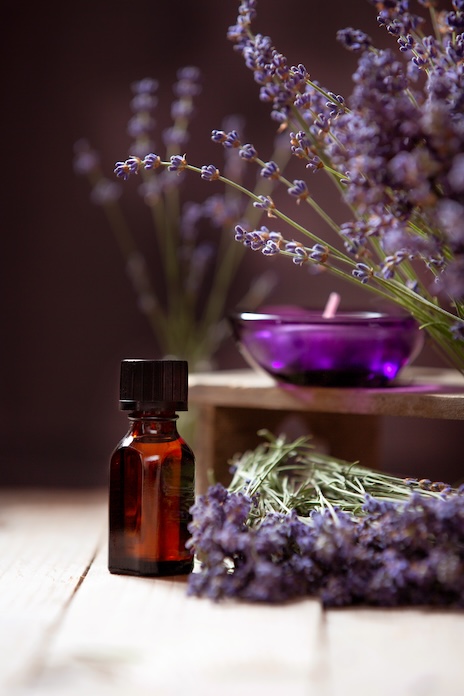
Feeling calm and relaxed can help you fall asleep faster. Unfortunately, for people who live stressful lives, calm and relaxation are not so easily achieved.
Essential oils may help by relieving stress and promoting relaxation, helping you sleep.
See how your sleep quality stacks up.
Start here to get a baseline on how well you sleep and where you can improve.
Scents and Sleep
A calming scent in your bedroom can contribute to a relaxing sleep environment. Essential oils, which are extracted from plants, are increasingly being used to create such scents.
How to Use Essential Oils for Sleep
Aromas from essential oils – especially lavender – can improve your sleep. They do this by increasing the quality of your slow-wave sleep, which is the period of sleep when your body is in deep, restorative rest.
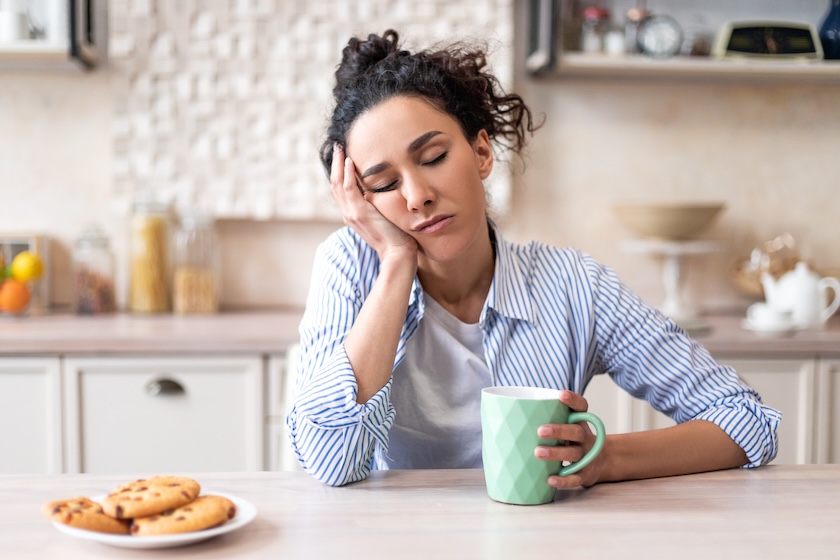
How to Identify if You Have Sleep Deprivation
Sleep deprivation is the result of your body not getting the rest it needs. It can negatively impact your physical, mental, and cognitive health. Learn how to spot the warning signs of this serious condition.
Learn MoreHow to Choose an Essential Oil
- Quality and Purity: Choose high-quality, pure oils without added synthetic fragrances or chemicals, as these can affect the oil's efficacy and safety. Organic oils are often a good choice as they are less likely to contain pesticides.
- Usage Method: Select a method of use based on personal preference and sensitivity. Options include diffusing the oil in the bedroom before sleep, applying it topically, adding a few drops to a bath before bedtime, or in a pillow spray.
Different Types of Essential Oils
- Lavender: Known for its calming and relaxing properties.
- Chamomile: Often used for its gentle, soothing effects.
- Ylang-Ylang, Bergamot, and Sandalwood: Can aid in relaxation and promote better sleep.
- Oil Blends: Experimenting with combinations, like lavender with chamomile or bergamot with sandalwood, may offer enhanced effects. Pre-made blends designed for sleep are available, but you can also create your own blend based on your preferences and needs.
Who Might Benefit from Essential Oils
- Stress Reliever: The calming, aroma-therapeutic properties of certain oils like lavender and chamomile can promote relaxation and ease you into sleep.
- Occasional Sleep Struggles: If occasional stress, travel, or environmental factors disrupt your sleep, diffusing or applying diluted essential oils can offer support for temporary sleep regulation.
- Aromatherapy Enthusiasts: Those who enjoy the sensory experience of aromatherapy and find it conducive to relaxation may find sleep-promoting essential oils particularly effective.
- Natural Sleep Aid Seekers: Individuals looking for natural alternatives to conventional sleep aids might see benefit from incorporating essential oils into their sleep routine.
Who Would Not Benefit from Essential Oils
- Individuals with allergies or asthma
- Pregnant women
- Children, especially infants: The safety of essential oils is not well established in young children and infants.
- People with sensitive skin
- Individuals with certain health conditions: Those with certain health conditions, like epilepsy, may find that some essential oils can trigger symptoms
- Pet owners: Some essential oils can be toxic to pets or cause irritation. If using in a household with pets, keep out of reach and ensure proper ventilation.
- Individuals taking certain medications: Essential oils can interact with certain medications, either by affecting their metabolism or enhancing side effects. People on medication should consult their healthcare provider before using aromatherapy.
- Those with hormone-sensitive conditions: Certain essential oils might mimic or interfere with hormone activity.
- People seeking a quick fix or guaranteed solution

Relevant Research - Essential Oils
Aromatherapy and essential oils, particularly used for sleep improvement, have been examined in various studies. These natural solutions, such as lavender, chamomile, and ylang-ylang, are believed to promote relaxation and better sleep quality. Research has shown that essential oils, especially lavender, may positively impact sleep. A systematic review indicated that the inhalation of essential oils could be considered for people with mild sleep disturbances, as most study findings suggested a positive effect on sleep (Journal of alternative and complementary medicine ). Another systematic review and meta-analysis examining the effects of aromatherapy on sleep improvements found that aromatherapy can effectively improve sleep quality (Complementary Therapies in Medicine). Furthermore, a 2005 study assessed the effects of lavender essential oil on young healthy sleepers and found it improved reported sleep quality. Additionally, peppermint essential oil also showed positive effects on sleep quality, although no significant difference was found between peppermint and lavender conditions (Chronobiology International).
These studies collectively suggest that aromatherapy and essential oils, particularly lavender, can be beneficial in enhancing sleep quality. However, it's important to note that much of the research is preliminary or conducted in specific populations, and robust studies are needed for more conclusive evidence. Despite this, the existing literature supports the potential of essential oils as a natural aid for improving sleep and reducing anxiety, contributing to a better overall sleep experience.

